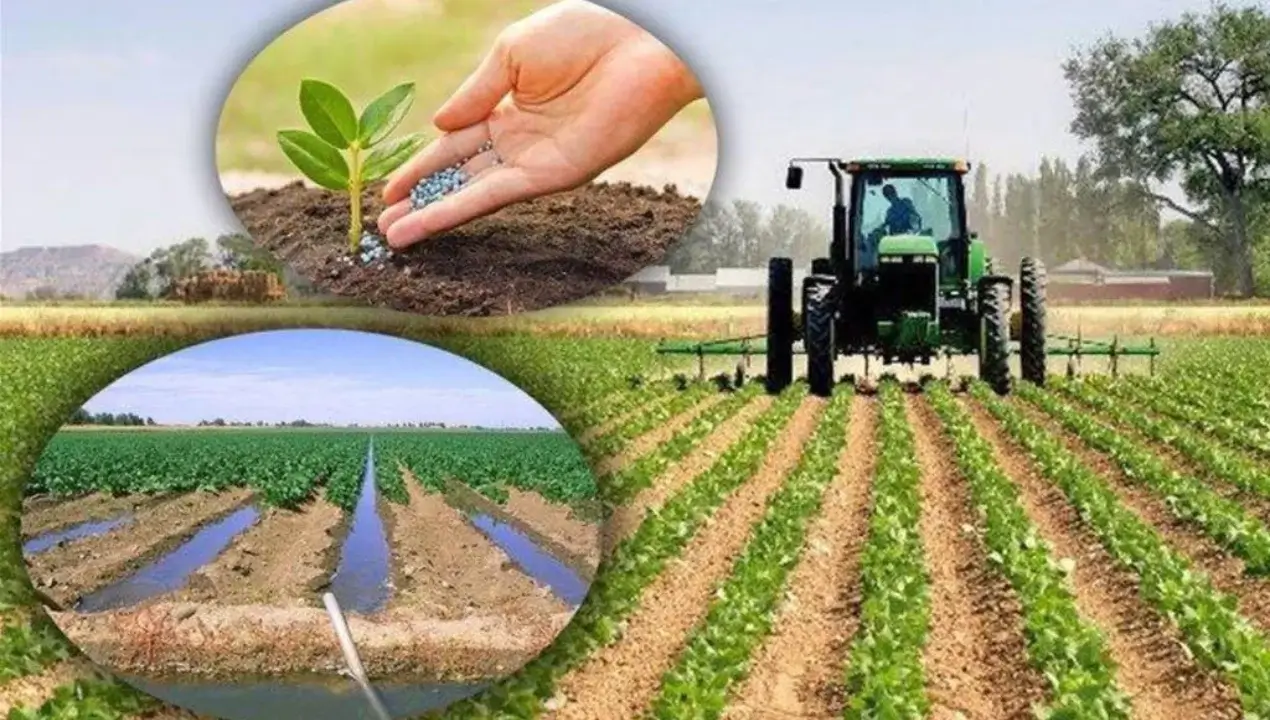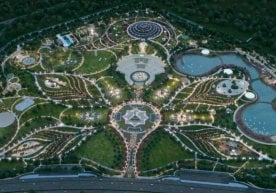New rules have been established for the use of rural lands

The Cabinet of Ministers of Uzbekistan adopted a resolution "On Further Improvement of the System of Providing Public Services for the Use of Agricultural Land." The new document is aimed at clearly defining the procedure for the effective and targeted use of rural lands and the placement of facilities on them.
As noted in the current Land Code, agricultural lands are divided by type of use into agricultural lands and lands serving agriculture. They are also divided into irrigated and non-irrigated lands according to the level of water supply.
According to the resolution, on non-irrigated lands intended for agriculture, objects corresponding to the permitted purpose of the land may be located on the basis of the intra-farm land management project. Before carrying out construction work on such lands, the applicant's lease rights, the total area of the land plot, as well as the area of irrigated and non-irrigated lands on it, are checked through special information systems.
At the same time, land management projects aimed at the placement of light structures and temporary structures are approved by the khokims of districts and cities, and projects for capital construction objects are approved by the Council of Ministers of Karakalpakstan, khokims of regions and the capital.
As an important aspect of this resolution, it was established that rural lands where facilities were built should not be divided into separate plots and their sale should be prohibited. Only the transfer of the right of lease with the object to another person or sublease without changing the purpose of land use is permitted.
On land leased for livestock farming, agricultural facilities may be located on an area not exceeding 1 hectare, but not more than 1% of the contour area. On lands not related to animal husbandry, the permitted area for the construction of greenhouses, refrigerated warehouses, sorting and packaging complexes, water-saving technologies or ponds should not exceed 20 hectares, and not more than 1% of the lease contour area.
Thus, the resolution is expected to serve to ensure the rational use of agricultural land, limit its misuse, and establish transparent and systematic order in the sector.
Read “Zamin” on Telegram!





















